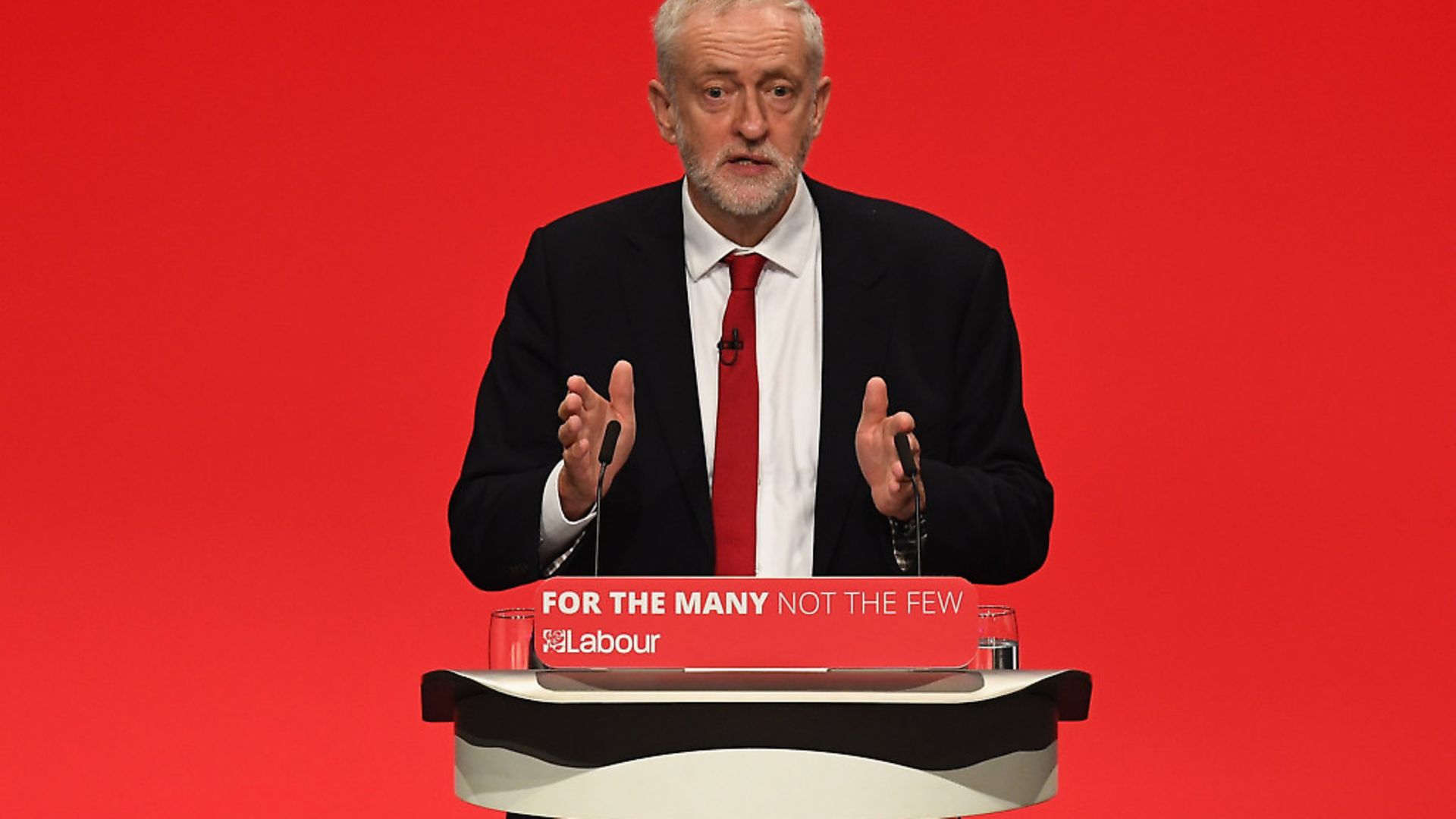
There is still time to force the opposition leader to back a People’s Vote, argues RICHARD ANGELL
Does Jeremy Corbyn ever change his mind? It is easy to come to the conclusion that he does not, having held roughly the same view on every single topic since before he was first elected to parliament in 1983.
The truth, though, might be a little more complex.
Rather than an immutable statue to a singular dogma, the Labour leader is still, in fact, a politician. As a backbencher, his adherence to a Bennite socialist ideology rarely came into contact with unfortunate practicalities that delivered the need to water it down. As one of the candidate’s for prime minister, however, he has had to learn how to prioritise and make concessions.
That may not be a defining element of his leadership, and where he chooses not to concede can continue to baffle and infuriate; the long-running saga of anti-Semitism within the Labour party and stubborn refusal to adopt the full IHRA definition is an obvious example.
Brexit, it often seems, is another, as James Ball points out in last week’s New European. We all know that Corbyn is a long-standing Eurosceptic. We also know that he did make a concession on that front during the referendum – becoming, as Ball says, ‘ostensibly a figurehead of the Remain campaign’ – in order to manage an uneasy parliamentary party during the early months of his tenure. But his failure to put effort into – and on occasion actively hold back – the campaign broke a level of trust with his apprehensive MPs that has not recovered, while party policy over the last two years has settled back into a pro-hard Brexit position that sits more comfortably within Corbyn’s worldview.
However, where Ball is too pessimistic is in his view of what could change Labour’s stance. Hoping that Corbyn could adopt a more pro-European position by default, as he retreats into a lifetime of oppositionalism, is understandably not enough for Labour’s majority pro-EU membership.
Those members could well be the key to unlocking the puzzle of how to push Labour into a stronger line on Brexit before next March’s looming deadline.
One thing that Corbyn has long been interested in is the structure of the Labour party, and how its internal democracy ticks. The forerunner organisation to Momentum within the party, and of which Corbyn has been a member since the 1980s, is called the ‘Campaign for Labour Party Democracy’. As leader he has instructed one of his closest allies, his former political secretary Katy Clark, to carry out a ‘Democracy Review’ into every level of Labour’s organisation.
While both CLPD and the Clark review support reforms that pursue a factional interest, one thing Corbyn has been clear about throughout his entire career is that more policy-making power should rest with delegates at Labour’s annual conference. This is something he cannot avoid.
This year’s conference takes place next month in Liverpool, and it provides the best opportunity yet to change party policy on Brexit. Last year’s conference was notable for the absence of the issue from the agenda, with both Corbyn’s office and Momentum’s leadership organising to ensure that members did not have the opportunity to discuss Brexit.
They may not be able to pull the same trick twice. Local Labour parties around the country have spent the past few weeks putting forward ‘contemporary motions’ – agenda items that are considered to be immediately relevant – on Brexit to be considered for discussion.
Should enough motions be put forward before the September 13 deadline, there will be little choice but to debate Labour’s Brexit policy on the conference floor. The LabourSay.EU campaign, set up by centre-left candidates for election to the party’s ruling body, has received thousands of sign-ups in support. That is not the only group, either: Labour Remain, the Labour Campaign for the Single Market, the hard-left Labour Campaign for Free Movement, and the expressly Corbynite Labour for a People’s Vote are all pushing in the same direction on this.
Should it reach the conference agenda, there is a question over what exactly the topic would be. Supporting a second referendum? Backing the single market? Opposing Brexit altogether? We do not yet know. However, there is little doubt that it would change party policy. The vast, vast majority of Labour members are in a different place to the leadership on this: 82% back a People’s Vote and 87% support full membership of the single market.
It is easy to see how Corbyn could spin a policy change forced by conference as a victory for his leadership, rather than defeat. The power of conference is something he has trumpeted, and members making full use of this could be portrayed as a new kind of leadership for a new politics. New European readers should not give up on Labour, but focus on Labour. There is hope yet.
Richard Angell is director of Progress – the centre-left pressure group
Warning: Illegal string offset 'link_id' in /mnt/storage/stage/www/wp-includes/bookmark.php on line 357
Notice: Trying to get property 'link_id' of non-object in /mnt/storage/stage/www/wp-includes/bookmark.php on line 37






